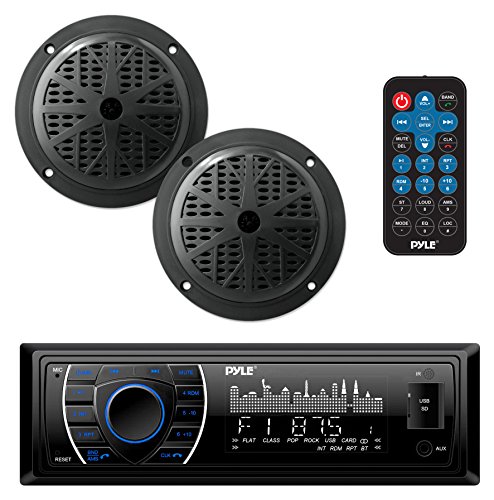It depends. Moorings might have less stray current than a dock area holding lots of boats. Go over your boat for any current producers, then look at neighbors. Commerical fishing lobster draggers can put out a lot of current or cruisers with all kinds of stuff running can too. When I got my boat new I did a Search for zincs here on CP. Do look at the engine bracket zinc too, they all help. Learned from post here that mostly new boats have engine bracket paint under that zinc. Thats why that zinc looks brand new after a season. To get the bracket zinc to metal, striped bracket, Primacon 3 coats then, Trilux 33 three coats.tHard to see the welds anymore, awesome easy project. I had tab zincs all last year no problem. I got a new neighbor at the marina this year had to change out mid season. Layed on bracket, allen wrench, off with old, on with new, EZ.
Better to have the zincs go than the tabs!!!































